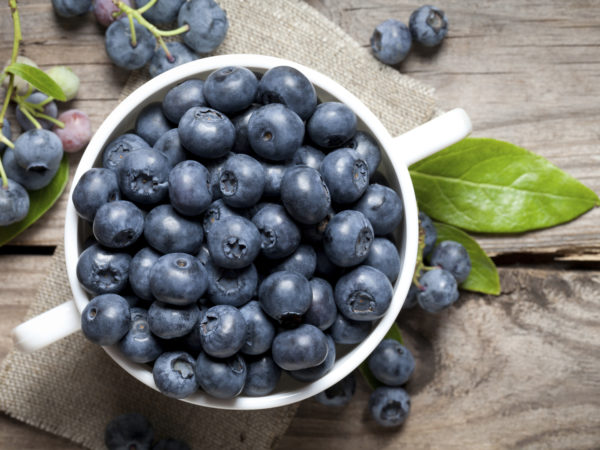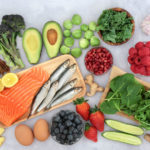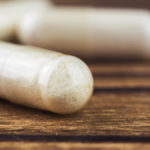Eating To Ease Inflammation?
Can you recommend an anti-inflammatory diet? I am a PGA Golf Professional and have a lot of joint pain and stiffness.
Andrew Weil, M.D. | May 7, 2003

Updated on 7/12/2005
Yes, I can recommend an anti-inflammatory diet as well as natural remedies that may help ease your pain and stiffness. As you may know, inflammation is regulated by a group of hormones known as prostaglandins. Some of these hormones intensify the inflammatory response while others reduce it. You can affect this system by the kinds of fats you eat since the body makes prostaglandins from fatty acids. You may have to wait six to eight weeks to notice the results of the dietary changes outlined below, but they will occur.
Eliminate polyunsaturated vegetable oils and partially hydrogenated oils from your diet. These fats encourage the synthesis of pro-inflammatory prostaglandins. Also eliminate sources of trans-fatty acids such as margarine and vegetable shortening. Instead of polyunsaturated oils, rely on olive oil and increase your intake of omega-3 fatty acids by eating salmon, sardines, walnuts, freshly ground flaxseeds or oil and soy foods.
The omega-3s increase production of inhibitory prostaglandins. [NOTE: For those who are allergic to fish or don’t like the taste of it, I recommend taking a fish oil supplement with DHA and EPA.) Make sure your diet includes plenty of fresh fruits and vegetables. Emphasize those known for their high antioxidant content – for instance, a half cup of blueberries packs as much antioxidant power as five servings of peas, carrots, apples, squash, or broccoli.
In addition to these dietary changes, I would recommend adding ginger to your diet by eating it in various forms as well as using turmeric as a spice.
You might also consider the following natural remedies:
-
- A supplement that combines ginger and turmeric.
- Taking 500 mg of citrus bioflavonoids or other flavonoids, such as quercetin, anthocyanidins, or proanthocyanidins three times a day.
Andrew Weil, M.D.















